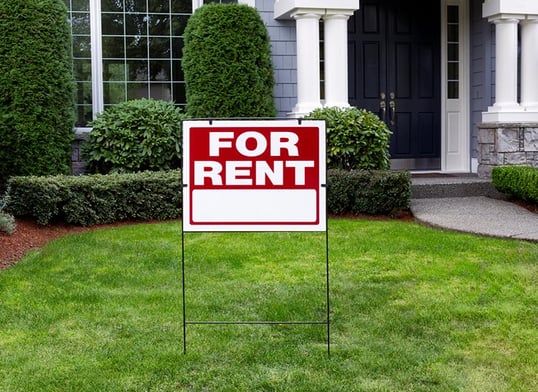
Owning rental property is often considered an attractive method of building wealth. The benefits may include the following:
- Low barrier to entry. That means you can get started with a small investment. You can start with a small house or condo. It’s typical for condo owners to retain their unit as a rental when they “upgrade” to a detached, single-family home as a primary residence.
- Passive income -- usually defined as money from a business where the owner is not actively involved in the daily operations. Income from rental property is almost always viewed as passive, even if you are active in the management. There are exceptions.
- Appreciation. While you are receiving steady income (assuming the property is occupied), the residence may also be increasing in value. Real estate does not always appreciate, but often it will.
- Tax benefits. Rental properties offer several tax benefits to the owners. The deductions can offset some of the income.
How Do I Report Rental Income and Expenses?
Sometimes, taxpayers rent out their personal residences and earn rental income from that activity. A dwelling that is used for both rental and personal use may be considered a residence if any of the following uses add up to either fourteen days or ten percent of the days the property is rented out to others at fair market value (whichever is larger):
- Use by anyone with an ownership interest or a family member not paying fair market value
- Use by anyone in exchange for the owner using another dwelling
- Use by anyone at less than fair market value
If the taxpayer has both rental and personal use of a dwelling, they must differentiate expenses between rental use (using Form 1040 Schedule E) and personal use (using Form 1040 Schedule A). IRS Publication 527 has more details about dividing expenses and deductions.
What Expenses Are Deductible from Rental Income?
The IRS states that taxpayers can deduct the “ordinary and necessary” expenses for managing, conserving, and keeping their rental property. Examples of appropriate expenses include:
- Interest
- Taxes
- Advertising
- Maintenance
- Utilities
- Repairs
- Insurance
- Depreciation
Taxpayers may not deduct the cost of improvements to a rental property. The cost of improvements is recovered through depreciation, as is the cost of the original asset. The typical period for depreciating residential rental property is 27.5 years. However, some rentals must use the alternative depreciation system (30 years).
What if I Don’t Report My Rental Income or Expenses to the IRS?
Failure to report any kind of income is never a recommended strategy. The consequences may vary depending on several factors:
- Whether the failure is deliberate or accidental
- The size of the underreporting
- Whether the omission is repeated
- Whether the violation was intended to obscure other criminal activity
While most taxpayers who underreport their income don’t face realistic odds of going to prison, the penalties and fines assessed can be significant. The IRS can also place a lien on your properties and charge interest on the amounts you neglected to pay on time. Even if a taxpayer can’t pay all the taxes owed on time, it’s always better to submit an accurate tax filing and request a payment plan than to fail to file or file inaccurate information.
This material is for general information and educational purposes only. Information is based on data gathered from what we believe are reliable sources. It is not guaranteed as to accuracy, does not purport to be complete and is not intended to be used as a primary basis for investment decisions. Realized does not provide tax or legal advice. This material is not a substitute for seeking the advice of a qualified professional for your individual situation. All real estate investments have the potential to lose value during the life of the investment. All financed real estate investments have the potential for foreclosure. Income is not guaranteed. Programs that depend on tenants for their revenue, may suffer adverse consequences as a result of any financial difficulties, bankruptcy or insolvency of their tenants. The income stream and depreciation schedule for any investment property may affect the property owner’s income bracket and/or tax status. An unfavorable tax ruling may cancel deferral of capital gains and result in immediate tax liabilities.



